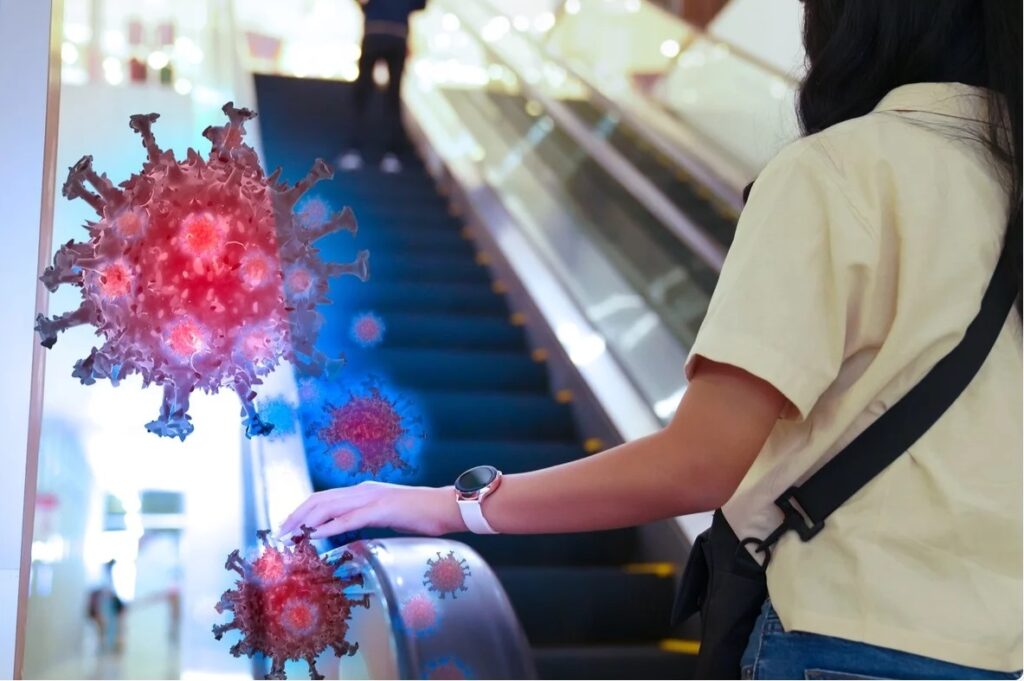02/05/2024
02/05/2024

NEW YORK, May 2: In a groundbreaking report released by the World Health Organization (WHO), experts suggest that sharing glasses and bottles of water with a sick friend or family member may not necessarily lead to infection with the common cold virus. This revelation marks a significant departure from the widely held belief that respiratory viruses, such as colds and flu, primarily spread through infected droplets transferred from hard surfaces and skin.
The guidance, endorsed by a coalition of nearly 50 doctors, settles a long-standing debate regarding the transmission of viruses, particularly in the context of the COVID-19 pandemic. Contrary to previous assumptions, the report indicates that respiratory viruses may not rely as heavily on surface transmission as once thought.
Dr. Don Milton, a leading expert on respiratory viruses and co-author of the WHO guidance, emphasized the importance of hand hygiene for gastrointestinal infections but suggested its lesser significance for respiratory viruses. The revised guidance applies to all pathogens causing lung infections, including COVID-19, influenza, and rhinovirus, but excludes non-respiratory infections like norovirus.
The shift in understanding comes after years of research and collaboration among specialists from various fields, including virology, engineering, and aerosol science. Dr. Milton expressed frustration at the delay in acknowledging airborne transmission despite previous evidence supporting the notion.
The report underscores the evolving nature of scientific understanding and highlights the need for ongoing vigilance and adaptation in public health measures. While acknowledging the role of surface hygiene, experts emphasize the importance of broader strategies, including ventilation and air filtration, in mitigating respiratory virus transmission.
Despite these advancements, experts caution that further research and investment in infrastructure are needed to fully address the complexities of virus transmission. As the global community continues to navigate the challenges posed by infectious diseases, the WHO report serves as a milestone in reshaping our approach to public health.


